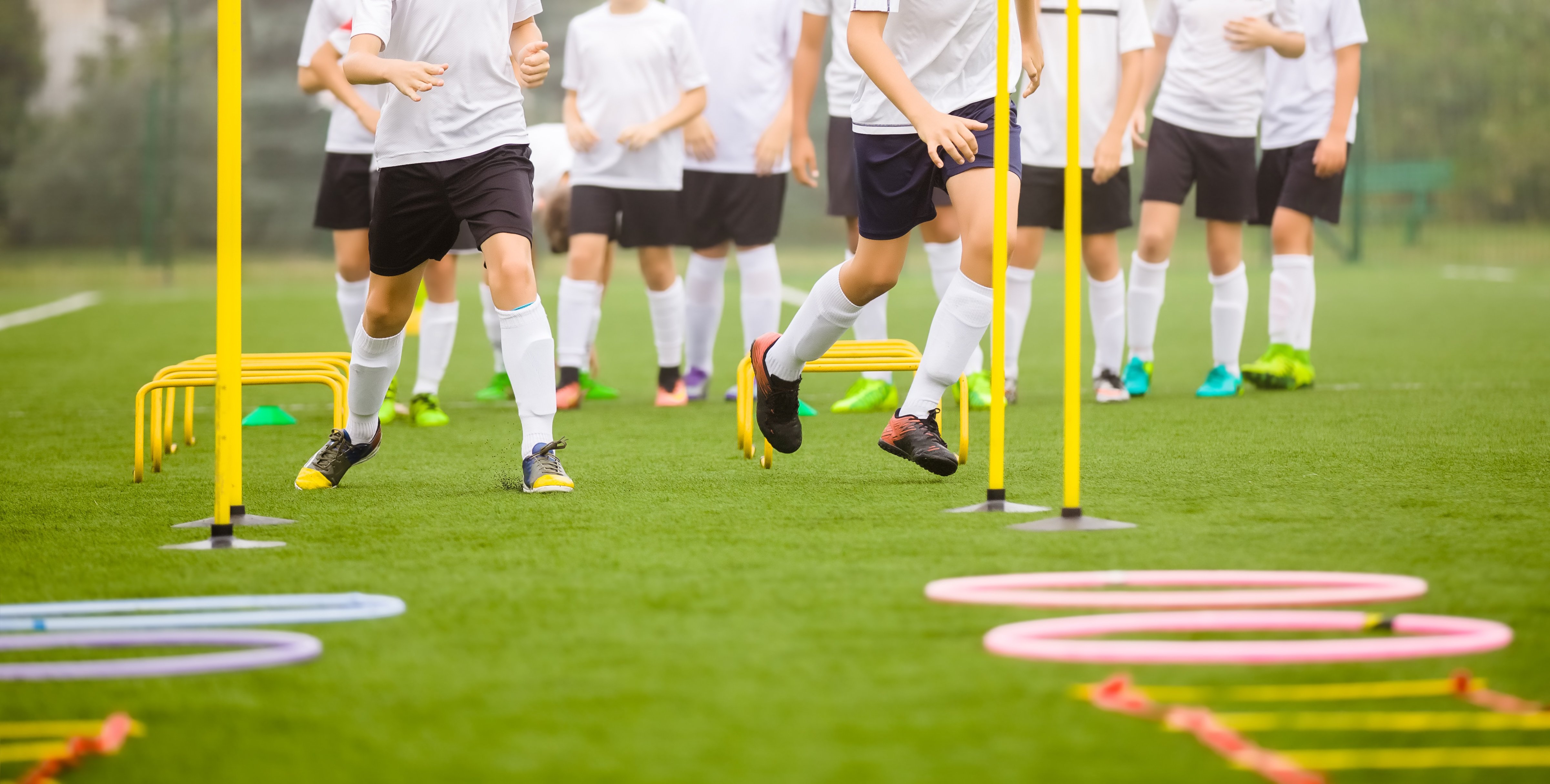The Importance of STUDENT Athletes
It happens every spring as the entire nation tunes into the NCAA Final Four. In the excitement, it's easy to forget that these top athletes are also students. In this editorial published by the Huffington Post, Clark Power, a professor of psychology at Notre Dame, explains why the entire athletic experience--including academics--is so important in developing a well-rounded student athlete who flourishes in the classroom, on the field and later in his or her chosen profession.
I am teaming up with my Notre Dame colleague and avid basketball fan, Gena Robinson. This was an exciting weekend for basketball, capping off a March of hoops madness. Here at the University of Notre Dame, where I teach and work with Gena in the Play Like a Champion Today sports education program, the Notre Dame women's basketball team played in its fifth consecutive NCAA Final Four. They fell to UConn in the championship. The Notre Dame men's team's dream of a first national championship ended when then-undefeated Kentucky rallied in the final minute to win in the final seconds. Kentucky fell in its next game to a determined Wisconsin team, setting up a showdown with Duke.
Throughout the NCAA tournament, we've seen ads on the NCAA's overarching commitment to student-athletes on the myriad sports teams that participate at various levels in NCAA competition. These student-athletes are all incredibly hard-working, and by and large, complete their degrees. Many play without any scholarship support, and most play sports for teams that will never get the national press coverage of basketball and football. Few athletes in any college sport have any prospect of playing professionally.
As we watched the basketball tournament this spring, we enjoyed the competition and admired the hard work and fair play of the student-athletes. However, we couldn't help but notice the coverage that the University of Kentucky was getting in its drive for an (ultimately unsuccessful) undefeated season. Much has been made of the University of Kentucky's impressive play this season, but its play is often mentioned along with a comment on its graduation rates, as many of Kentucky's star players tend to leave for the NBA before completing their degrees. There have been a variety of proposals to curb the rent-a-player or one-and-done phenomena, including reinstating the freshman ineligibility rule, adjusting disability insurance coverage and changing NBA draft policies to name just a few.
It seems these proposals bubble up every few years, and we won't comment on them here. Our focus at "Play Like a Champion Today" is on improving the athletic experience for student-athletes. Our fear, as we watch today's student-athletes play a game we love, is that the "student" is suffering so that the "athlete" can flourish. A recent Saturday Night Live skit on the Final Four made a mockery of the student-athlete concept -- criticizing the current money-oriented competitive climate that values the game ahead of student success. SNL ridiculed the deeply flawed system that allows athletes to attend college and even receive degrees without receiving an education. We found the skit to be entertaining, but deeply disturbing -- putting academic integrity before athletic success shouldn't be a late night punchline. Notre Dame is one of many colleges who struggle to maintain the academic development of their students--those playing the games and those cheering from the stands. Through the years here at ND, we've met some remarkably talented student-athletes who have flourished in the classroom and in the professions as well as on the field of play.
At "Play Like a Champion", we work with thousands of dedicated youth and high school coaches and athletic directors who are committed to making sure that their athletes are well-rounded people before all else. Our research shows that kids play games go have fun, and they learn sportsmanship, cooperation and discipline through these games and from their coaches. These coaches and athletic directors are educators in the truest sense. Because they have learned to keep sports in perspective in their own lives, they can best help their student athletes to excel in the classroom and in service to their communities. College athletics would do well to look at these coaches and athletic directors for inspiration, just as the college athletes would do well to remember why they started playing the games they play in the first place.



.webp)

